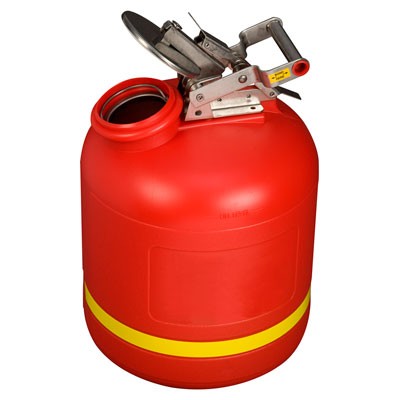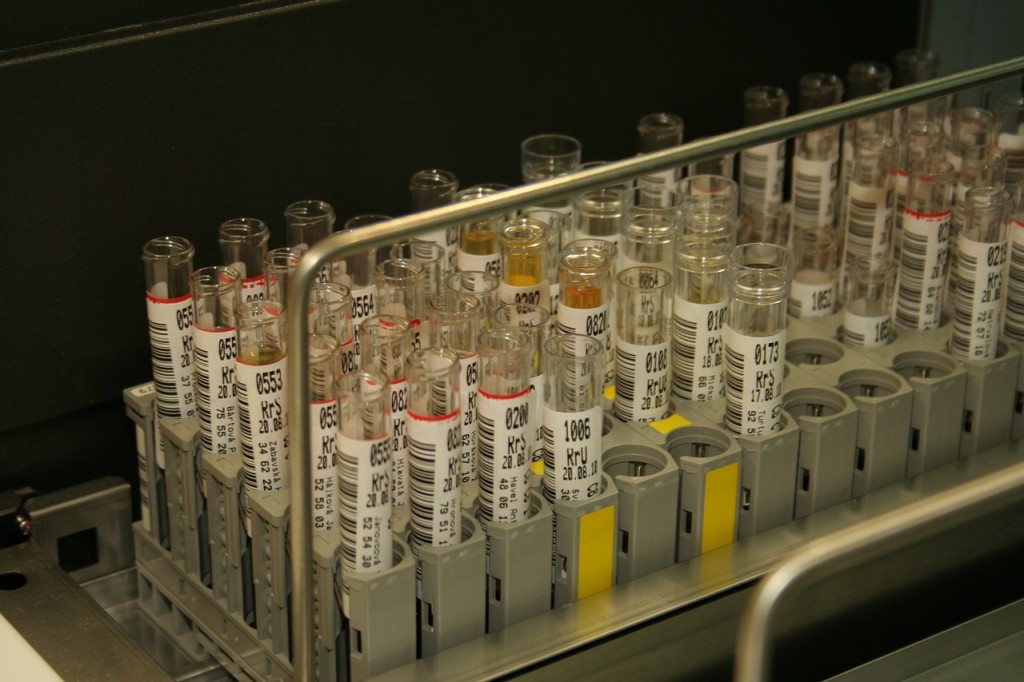Expert Liquid Waste Removal Melbourne: Quick and Affordable Services
Expert Liquid Waste Removal Melbourne: Quick and Affordable Services
Blog Article
Recognizing the Comprehensive Refine of Liquid Waste Disposal: Ideal Practices and Environmental Effect Considerations
The management of fluid garbage disposal is a diverse concern that requires a detailed understanding of numerous finest methods and their associated ecological influences. From the types of liquid waste created to the approaches utilized for collection, treatment, and last disposal, each step plays an essential function in protecting ecological communities and public wellness. As governing criteria progress and innovation advances, the conversation around these processes ends up being progressively important. What effects do these adjustments hold for future sustainability initiatives, and how can stakeholders make sure that they are adequately attended to?
Sorts Of Liquid Waste
Recognizing the different kinds of liquid waste is important for effective administration and disposal practices. Liquid waste can be broadly classified right into a number of types, each calling for special handling and treatment approaches.
Industrial fluid waste typically includes unsafe materials, consisting of hefty metals, solvents, and chemicals, produced throughout manufacturing processes. These wastes necessitate rigorous regulatory conformity to protect human health and wellness and the environment. Domestic fluid waste mainly refers to wastewater created from homes, including sewage and greywater, which, although less toxic, can still pose substantial risks if improperly handled.
Agricultural fluid waste, including runoff from ranches, commonly has fertilizers and chemicals that can bring about environmental destruction if not dealt with appropriately. Medical fluid waste, produced from healthcare centers, consists of polluted fluids such as physical fluids and chemicals, requiring specialized disposal techniques to prevent infection and environmental contamination.
Lastly, oil and grease waste, typically created by dining establishments and vehicle markets, can create extreme clogs in drain systems otherwise handled correctly. Comprehending these categories helps with targeted techniques for treatment, conformity with policies, and efficient disposal methods, ultimately advertising environmental sustainability and public health safety and security.

Collection Techniques
Effective collection approaches are critical for the appropriate monitoring of liquid waste, making sure that it is collected safely and successfully prior to treatment or disposal. Various strategies are utilized relying on the kind of liquid waste produced, the volume, and the specific qualities of the waste.
One common technique is using specialized collection storage tanks or sumps, which are made to capture liquid waste at the source. These systems often integrate pumps that help with the transfer of waste to larger storage containers or therapy centers. Additionally, mobile collection systems furnished with vacuum cleaner technology are used in circumstances where waste is produced intermittently or in hard-to-reach areas.
For industrial settings, closed-loop systems can efficiently decrease spills and leaks, enabling the recuperation and reuse of liquid waste. It is also necessary to educate employees on proper collection procedures to mitigate threats connected with harmful compounds.
Additionally, carrying out normal maintenance routines for collection tools ensures optimal efficiency and security. The combination of sophisticated monitoring systems can boost collection effectiveness by providing real-time information on waste degrees and prospective threats. In general, effective collection approaches are foundational to sustainable fluid waste administration practices.
Treatment Processes
Treatment processes play a vital duty in the monitoring of liquid waste, transforming potentially dangerous products into risk-free effluents or multiple-use go to this web-site sources - liquid waste disposal. These procedures can be generally classified right into physical, chemical, and biological techniques, each customized to deal with certain pollutants existing in the waste stream
Physical therapy methods, such as sedimentation and purification, job by removing put on hold solids and particulate issue. These methods are commonly the primary step in the treatment chain, effectively decreasing the lots on subsequent procedures. Chemical treatments involve the usage of reagents to reduce the effects of damaging substances, speed up heavy metals, or oxidize natural contaminants, consequently boosting the security of the effluent.
Biological therapy procedures, consisting of turned on sludge systems and anaerobic food digestion, profit from the all-natural capacities of microorganisms to degrade raw material. These techniques are particularly reliable for wastewater having eco-friendly toxins. Advanced therapy innovations, such as membrane purification and advanced oxidation procedures, are increasingly used to accomplish higher levels of purification.
Integrating a combination of these therapy approaches not just guarantees compliance with regulative criteria but additionally promotes environmental sustainability by recouping important resources from fluid waste.
Disposal Options
Just how can organizations make sure the safe and liable disposal of fluid waste? Effective disposal options are critical for guarding public wellness and the atmosphere. The key techniques consist of land treatment, incineration, and disposal adhered to by discharge into community wastewater systems.
Land disposal includes the cautious containment of liquid waste in assigned garbage dumps, guaranteeing that it does not leach right into bordering soil or water. Incineration, on the various other hand, topics liquid waste to high temperature levels, converting it into ash and gases, which call for proper purification to minimize exhausts. This method is ideal for contaminateds materials that can not be treated through standard means.
In cases where fluid waste can be treated, companies might go with chemical or biological treatment processes to counteract damaging parts before releasing the dealt with effluent right into municipal systems. This path typically lines up with governing needs, guaranteeing that the effluent fulfills security requirements.
Ultimately, companies have to perform extensive assessments of each disposal option to establish its viability, thinking about aspects such as waste composition, regulative conformity, and prospective risks to wellness and the environment. By selecting proper disposal techniques, businesses can contribute to an accountable waste administration technique.
Environmental Effect
The environmental influence of fluid waste disposal is a critical factor to consider for companies seeking to lessen their environmental impact. Improper disposal methods can lead to significant contamination of water resources, soil deterioration, and unfavorable impacts on regional ecosystems. For example, hazardous liquids can seep right into groundwater, posturing dangers to alcohol consumption water supplies and marine life. Additionally, the discharge of unattended or inadequately treated waste into surface waters can cause eutrophication, resulting in oxygen deficiency and the succeeding fatality of fish and various other organisms.

To mitigate these impacts, click for more companies have to take on finest techniques such as applying strenuous waste therapy procedures, advertising recycling and reuse, and adhering to regulative criteria. By taking a positive technique to fluid waste management, entities can substantially reduce their ecological impact while supporting sustainable growth you can try here objectives. Eventually, a comprehensive understanding of the ecological influences related to liquid garbage disposal is vital for notified decision-making and liable stewardship of natural deposits.
Final Thought
Efficient administration of liquid waste is essential for safeguarding ecological honesty and public health and wellness. Eventually, an extensive understanding of fluid waste disposal not only reduces ecological impacts but likewise cultivates a commitment to responsible source administration and ecological stewardship.
The administration of fluid waste disposal is a multifaceted issue that calls for a thorough understanding of numerous best techniques and their associated environmental impacts. From the kinds of fluid waste produced to the techniques employed for collection, therapy, and last disposal, each step plays an important role in securing ecological communities and public wellness.The environmental impact of fluid waste disposal is an important factor to consider for companies seeking to decrease their ecological footprint. Inevitably, an extensive understanding of the environmental influences connected with fluid waste disposal is important for educated decision-making and liable stewardship of natural resources.
Eventually, a detailed understanding of liquid waste disposal not just reduces environmental impacts yet additionally fosters a dedication to responsible resource monitoring and ecological stewardship.
Report this page